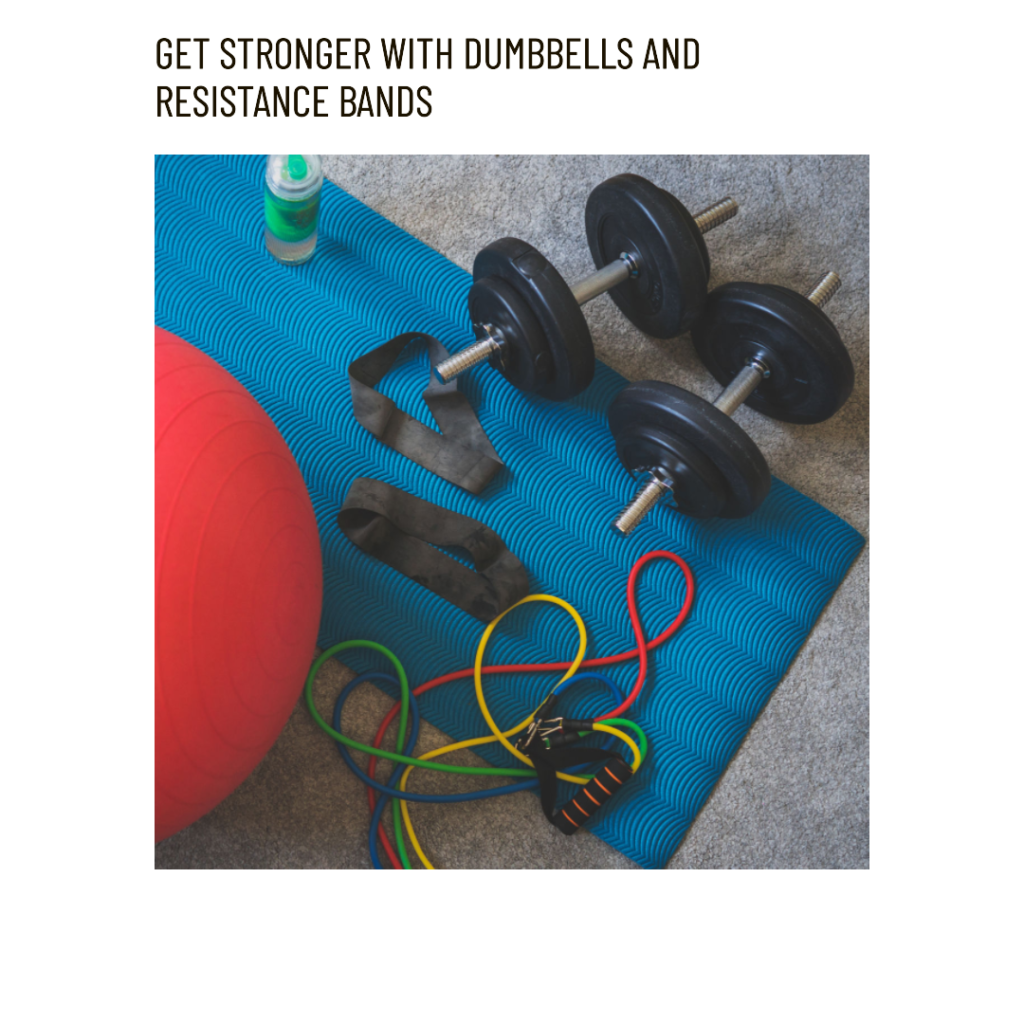As women age, maintaining energy levels and combating fatigue become increasingly important for overall well-being and quality of life. Fatigue can impact daily activities, productivity, and even emotional well-being. Understanding the causes of fatigue and adopting effective strategies can help women sustain their energy levels and overcome fatigue.
In this article, we will delve into various aspects such as hormonal changes, stress, sleep quality, diet, exercise, stress management, supplements, and alternative remedies to provide valuable insights and practical tips for women to maintain their energy levels and combat fatigue as they age.
Causes of Fatigue in Women as They Age
Fatigue in women as they age can be attributed to a combination of factors. One significant factor is hormonal changes, particularly during menopause. Fluctuating hormone levels, such as a decrease in estrogen and progesterone, can lead to feelings of fatigue and reduced energy.

Additionally, other hormonal imbalances, such as thyroid disorders, can also contribute to fatigue. Women may experience conditions like hypothyroidism or adrenal fatigue, affecting their energy levels.
Furthermore, chronic conditions like fibromyalgia and chronic fatigue syndrome can cause persistent fatigue. Understanding these various factors can help women better address and manage their fatigue effectively.
The Importance of a Healthy Diet
A healthy diet plays a crucial role in maintaining energy levels and combating fatigue. To sustain energy levels throughout the day, it’s beneficial to include foods that provide a steady release of energy. Complex carbohydrates found in whole grains, legumes, and fruits help regulate blood sugar levels and provide lasting energy.
Lean proteins, such as poultry, fish, and tofu, supply essential amino acids for muscle function and energy production. Healthy fats, like those found in nuts, seeds, and avocados, provide sustained energy and support overall well-being.
In addition to macronutrients, specific nutrients play vital roles in combating fatigue. Iron is essential for oxygen transport in the body, and low levels can lead to fatigue. Foods rich in iron, such as spinach, lentils, and lean meats, can help maintain optimal energy levels.

Vitamin D, obtained from sunlight exposure or supplementation, is crucial for overall health and energy production. Omega-3 fatty acids found in fatty fish, flaxseeds, and walnuts are known for their anti-inflammatory properties and can support energy levels.
On the other hand, it’s important to avoid foods that can cause energy crashes. Processed foods, excessive sugar, and caffeine may provide temporary energy boosts but often lead to subsequent energy slumps.
Hydration is also vital for maintaining energy levels, so it’s important to drink plenty of water throughout the day. Staying properly hydrated helps the body function optimally and prevents dehydration-related fatigue.
Exercise and Physical Activity
Regular exercise and physical activity are key components in combating fatigue and maintaining energy levels. Engaging in aerobic exercises, such as brisk walking, jogging, swimming, or cycling, increases the flow of oxygen and nutrients to the muscles and organs.

This, in turn, boosts energy levels and improves overall fitness. Aim for at least 150 minutes of moderate-intensity exercise per week, or 75 minutes of vigorous-intensity exercise, spread out over several days.
Strength training exercises, such as lifting weights or using resistance bands, help build muscle mass and increase strength and endurance. Having more muscle mass can enhance energy levels and combat fatigue by improving overall physical performance. It’s also important to incorporate exercises that promote flexibility, such as yoga or Pilates, which alleviate muscle tension and promote relaxation.

To incorporate exercise into daily life, find activities that are enjoyable and suit individual preferences. Join group fitness classes, participate in recreational sports, or simply take regular walks in nature. Additionally, incorporating movement breaks throughout the day, such as stretching or short walks, can combat the sedentary effects of prolonged sitting and boost energy levels.
Stress Management

Effective stress management is crucial for maintaining energy levels and preventing fatigue. Chronic stress can drain the body’s resources and lead to fatigue and burnout. Incorporating stress management techniques into daily life can help mitigate its impact and preserve energy levels.
Engaging in relaxation techniques, such as deep breathing exercises, meditation, or mindfulness practices, can help reduce stress and promote a sense of calm. These techniques activate the body’s relaxation response, counteracting the effects of stress hormones.
Finding healthy outlets for stress, such as engaging in hobbies, spending time in nature, or practicing creative activities like painting or writing, can provide a much-needed break from daily stressors. Regular exercise itself acts as a stress reliever by releasing endorphins, the body’s natural mood-boosting hormones.

Seeking support from friends, family, or professionals can provide valuable assistance in managing stress. Sharing concerns, seeking advice, or simply venting emotions can help alleviate the burden of stress.
Support groups, therapy, or counseling can offer additional guidance and strategies for stress management. By actively addressing and managing stress, women can preserve their energy levels and prevent fatigue from taking hold.
Sleep Quality
Quality sleep is essential for restoring energy levels and combating fatigue. Establishing a regular sleep schedule is key to ensuring adequate rest. Going to bed and waking up at consistent times helps regulate the body’s internal clock and promotes a more restful sleep.

Creating a relaxing bedtime routine can signal the body to wind down and prepare for sleep. This may involve activities such as taking a warm bath, reading a book, or listening to calming music.
It’s important to create a comfortable sleeping environment that is conducive to rest. Keep the bedroom dark, quiet, and at a cool temperature. Remove electronic devices from the sleeping area, as the blue light emitted by screens can interfere with sleep quality.

If sleep problems persist, it’s advisable to consult with a healthcare professional. They can help identify and address any underlying sleep disorders or conditions that may be affecting sleep quality. By prioritizing and optimizing sleep, women can rejuvenate their bodies and wake up feeling refreshed and energized.
Supplements and Other Remedies
In addition to a healthy diet and lifestyle, certain supplements and remedies can support energy levels and combat fatigue. However, it’s crucial to consult with a healthcare professional before starting any new supplements to ensure they are appropriate for individual needs and do not interact with any medications or existing health conditions.

Some supplements that may be beneficial include vitamin B12, iron, magnesium, and coenzyme Q10. These nutrients play vital roles in energy production and support overall well-being. However, it’s important to note that supplements should complement a healthy diet and lifestyle, rather than replace them.
Herbal remedies, such as ginseng and rhodiola, are believed to provide natural energy boosts. Ginseng has been used in traditional medicine to combat fatigue and improve mental and physical performance.

Rhodiola is known for its adaptogenic properties, helping the body cope with stress and increasing energy levels. As with any supplement, it’s essential to consult with a healthcare professional to ensure proper usage, dosage, and potential interactions.
Conclusion
In conclusion, maintaining energy levels and combating fatigue is a multifaceted endeavor for women as they age. By addressing the underlying causes of fatigue and adopting healthy lifestyle practices, women can effectively manage their energy levels and enhance overall well-being.
Prioritizing a healthy diet, incorporating regular exercise, managing stress, optimizing sleep quality, and considering supplements under professional guidance can all contribute to sustained energy levels and reduced fatigue.

Remember, it’s important to approach fatigue holistically, considering both physical and mental well-being. By making conscious choices and seeking support when needed, women can navigate the journey of aging with vitality and vigor.
Frequently Asked Questions
Q: What are the best foods to eat for sustained energy levels?
A: Foods that provide sustained energy include complex carbohydrates like whole grains, legumes, and fruits; lean proteins such as poultry, fish, and tofu; and healthy fats found in nuts, seeds, and avocados. It’s also important to stay hydrated by drinking plenty of water throughout the day.
Q: How can exercise help combat fatigue in women?
A: Exercise boosts energy levels by improving circulation, increasing oxygen and nutrient delivery to the muscles, and enhancing overall fitness. Regular aerobic exercises, strength training, and flexibility exercises can all contribute to combating fatigue and increasing energy levels.
Q: What are some natural remedies for fatigue that women can try?
A: Natural remedies for fatigue include herbal supplements like ginseng and rhodiola. However, it’s crucial to consult with a healthcare professional before trying any new supplements to ensure they are safe and suitable for individual needs. Additionally, adopting healthy lifestyle practices such as stress management, quality sleep, and a balanced diet can effectively combat fatigue.
